Recently there has been an explosion of activity within the Shire and I’m happy to see it, we’ve been quiet for a long time. The only problem comes when people say things like ‘ooo, you cook, share your recipes’. It’s not a problem with copyright, it’s notoriously hard to copyright a recipe – for me, it’s the volume of material I have (and I know there are cooks out there who have far more source books than I do).
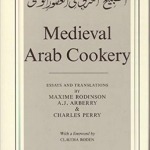
For example, back in my relatively early days we went to Pennsic and I blew most of my spare spending cash on this cookbook. To call it ‘a cookbook’ is a bit of a disservice to the book because it’s far more than that. It contains several primary source cookbooks in addition to having comprehensive forewords and articles about regional cooking ingredients, materials and methods. It’s nothing like what you’d expect out of a modern cookbook, there are no quantities, no step by step methodology (that the modern cook would recognize). It reads more like some of my grandmother’s family recipes – take *pick your ingredient here*, clean it, scald it, add spices, cook until done. The recipes assume a certain level of expertise from the cook which makes sense when you consider who the original audience for these documents was.
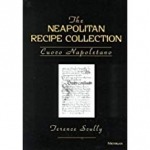
I bought this book specifically because I was planning a medieval Italian feast and I wanted to do an entire feast that was region and date specific. There are about 260 pages in the book, again, no modern recipe formats but what it lacks in modern recipe, it makes up for in information about the cuisine of the courts of the Italian city states. There are recipes for pastas – from macaroni to ravioli, sausage, elegant soups, complex torta, and a wonderful variety of stewed and roasted meats. There are about 200 translated recipe text in the book, I wish I had the budget to develop my way through redactions for them all but I suspect that if I were working on redactions I’d still be stuck at page 100 of the previous book.
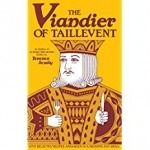
The Viandier of Taillevent, it’s a name of a book that makes many a medieval cook sigh. It’s four medieval french manuscripts with English translations. It has 220 recipes in 270 pages, a century’s worth of culinary tastes and practices from France. It was one of the first ‘genre’ cookbooks I bought – when I shifted away from generic cooking sources to specifics. I haven’t used it half as much as Medieval Arab Cookery or Cuoco Napoletano because the cuisine doesn’t appeal to me quite as much. I like the big bold flavours of medieval arab food and there’s something about medieval italian food that just hits the spot for me.
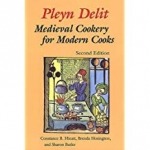
I have to be honest, I didn’t buy this book – it was given to me. It was my introduction to what medieval feasts could be. It’s a great starter book – it doesn’t focus on any one time or region and it contains a wide variety of recipe types – appetizer type items, soups, stews, side dishes, main dishes, desserts in a format accessible to the modern cook. Most the recipes come from England and France but there are recipes from the Italian states, Catalonia and I believe even a few arab dishes. It’s about 170 pages long, if you’re interested in medieval food, this is a good place to start. As medieval cookbooks go, it’s relatively easy to find and relatively inexpensive to purchase.
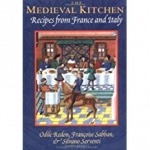
The Medieval Kitchen, Recipes from France and Italy – this book is probably my favourite of the generic cookbooks and the one that I would recommend to any new SCA cook. Anyone who has eaten one of my feasts has had a recipe from this book. It definitely caters to the modern palette and has a variety of dishes, for soups and stew, pasta dishes, main dish pies, vegetable dishes, meat and poultry, desserts and sweets. It’s 300 pages, I would highly recommend it along with Pleyn Delit for people who want to try a medieval dinner but aren’t ready to wade into the deep water of original recipe text.
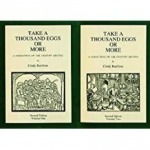
Take a thousand eggs is a two volume set and I didn’t buy these either, they were given to me. The first book contains original recipe text and then modern redactions, the second is all original text. I haven’t used this book as much as the others because it didn’t really speak to me.
I do have another few cookbooks but I put them somewhere I can’t easily access. Tomorrow I’ll post a list of the digital cookbooks I have.

Leave A Comment
You must be logged in to post a comment.